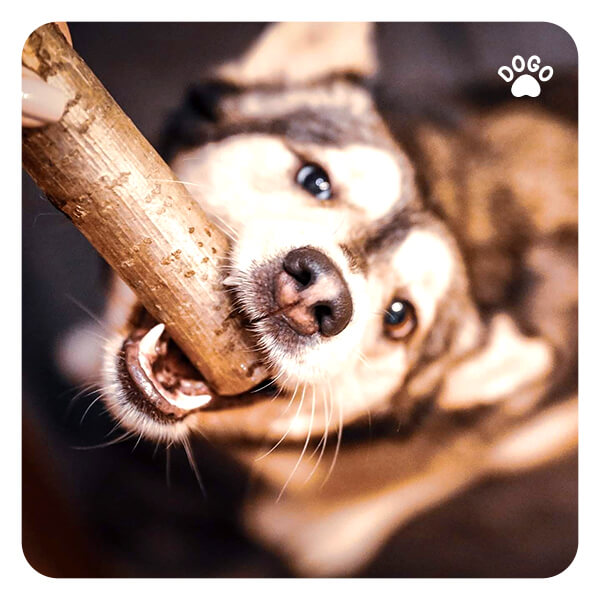 Having a new puppy can be an exciting time, but it can also come with its challenges, especially when it comes to biting. Puppies use their mouths to explore the world around them, but it’s important to teach them that biting isn’t acceptable behavior. In this blog post, we’ll discuss effective strategies to help you stop your puppy from biting and promote positive behavior.
Having a new puppy can be an exciting time, but it can also come with its challenges, especially when it comes to biting. Puppies use their mouths to explore the world around them, but it’s important to teach them that biting isn’t acceptable behavior. In this blog post, we’ll discuss effective strategies to help you stop your puppy from biting and promote positive behavior.
Understanding Why Puppies Bite
Before we delve into how to stop your puppy from biting, it’s essential to understand why they do it in the first place. Puppies often bite as a way of exploring their environment and as a means of play. Additionally, puppies also use their mouths to relieve the discomfort of teething. It’s a natural behavior for them, but it’s crucial to guide them toward more acceptable ways of interacting with their environment and with you.
Setting Clear Boundaries
Establishing clear boundaries is crucial when it comes to teaching your puppy not to bite. One effective way to communicate boundaries is through redirection. When your puppy attempts to bite, redirect their attention to a suitable chew toy or a bone. This helps them understand what is acceptable to bite and what isn’t. Consistency is key here. By consistently redirecting their behavior, your puppy will begin to learn and respect these boundaries.
Positive Reinforcement
Positive reinforcement is a powerful tool in training your puppy. When your puppy exhibits non-biting behavior, be sure to praise and reward them. This can be in the form of verbal praise, a treat, or a favorite toy. By reinforcing positive behavior, your puppy will begin to understand that not biting leads to positive outcomes. Remember, patience is essential. Training takes time, and consistent positive reinforcement is key to instilling good habits in your puppy.
Socialization and Play
Socialization and play are vital aspects of a puppy’s development. Through socialization, your puppy learns appropriate behavior from interacting with other dogs and people. When playing with your puppy, ensure that playtime is gentle and doesn’t encourage rough behavior that could lead to biting. If your puppy becomes overly excited during play, take a break to help them calm down and avoid the urge to bite.
Teaching Bite Inhibition
Teaching bite inhibition is an important part of training your puppy. This involves helping them understand how to control the force of their bite. When playing with your puppy, if they bite too hard, let out a yelp to mimic the reaction of another puppy. This signals to your puppy that their bite was too strong. If they respond by easing up, praise them and continue playing. Consistently practicing bite inhibition helps your puppy understand the appropriate level of bite pressure.
Seeking Professional Help
If you find that your puppy’s biting behavior is persistent and difficult to manage on your own, seeking professional help is a viable option. A professional dog trainer can provide personalized guidance and support to address your puppy’s biting behavior effectively. They can offer tailored strategies that align with your puppy’s specific needs and temperament, ultimately helping you and your puppy navigate this challenging phase.
Stopping your puppy from biting requires patience, consistency, and understanding. By setting clear boundaries, using positive reinforcement, encouraging socialization, and teaching bite inhibition, you can help your puppy develop good habits and learn appropriate behavior. Remember, every puppy is unique, so be patient and understanding as you guide them through this important phase of their development. With time and dedication, you’ll see progress, and your puppy will grow into a well-behaved and happy companion.
[/fusion_text]



